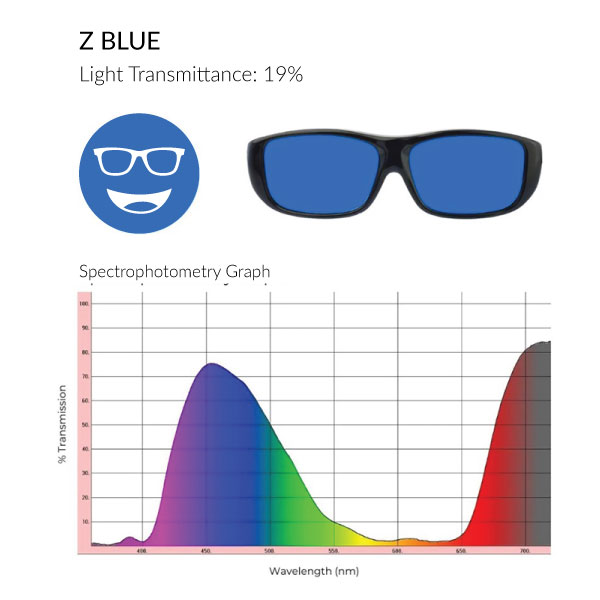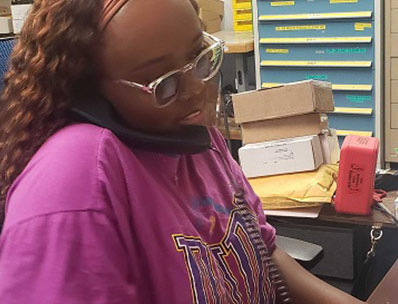
How Epilepsy Can Affect Your Eyesight
Epilepsy is a neurological condition caused by abnormal electrical signals from damaged brain cells that result in symptoms such as recurring seizures. Since it is a neurological condition, and the eyes and brain are tightly connected, it can have a pronounced effect on the eyes, and it is common for patients to experience vision changes immediately before and during a seizure. This is because epilepsy affects different lobes of the brain, which means how it affects eyes depends on where the seizure occurs in the brain. As a result, symptoms vary from person to person.

What Is Photosensitive Epilepsy?
Photosensitive epilepsy (also known as PSE) is a form of reflex epilepsy in which seizures are triggered by an abnormal response to specific visual stimuli (such as flashing or flickering lights; bold patterns like polka dots; or regular moving patterns like the spinning blades of a ceiling fan). This is known as a photoparoxysmal response (PPR).

Can Eyeglass Tints Help With Seizures?
Seizures are an unfortunate and scary reality for those suffering from epilepsy, but as technology, science, and healthcare improve, so do options and solutions to combat and even help prevent seizures. More and more studies are being done on how epilepsy can affect vision, and doctors and scientists are using that information to create solutions that work to minimize the effects of epilepsy. One such solution is tinted lenses, which have proven to be helpful in preventing certain types of seizures associated with epilepsy, particularly photosensitive epilepsy.




